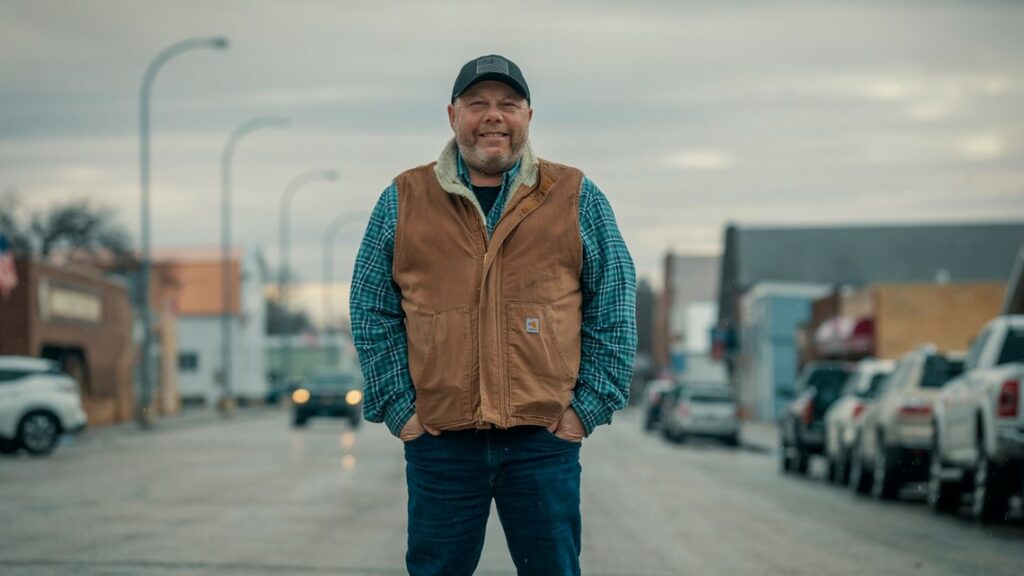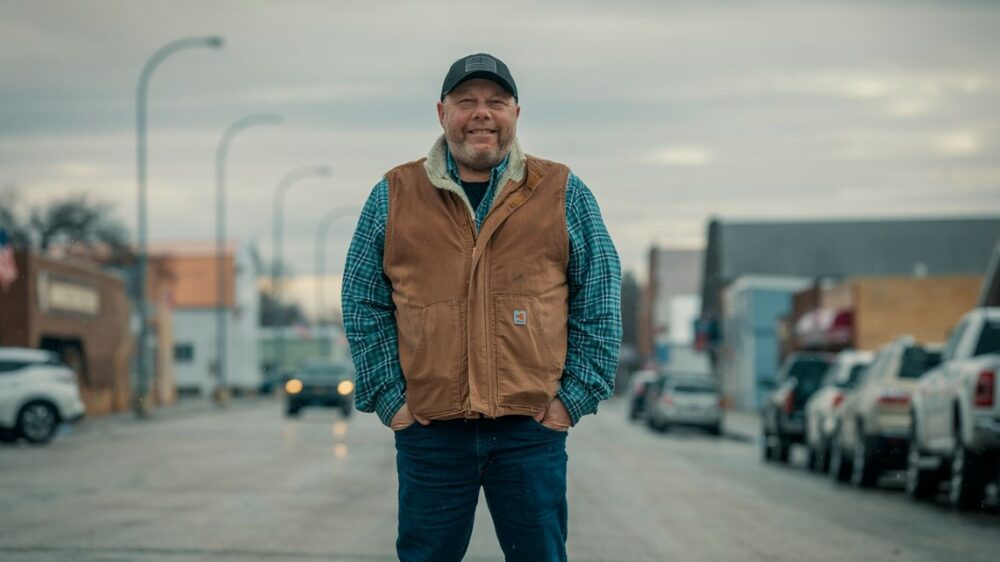
Andahl was endorsed by Gov. Burgum as well as Sen. Cramer for being a “Trump Republican.”
David Andahl was recently voted into a state House seat for North Dakota’s District 8. However, Andahl suffered from some unnamed medical problems, and when he contracted COVID-19 in early October, he was hospitalized and ended up dying a few days later. The election was still in full swing, as many voters had already cast their absentee ballots, so the question of who or how the seat would be filled was proposed to North Dakota Attorney General Wayne Stenehjem.
Filling the Seat
Dr. Kjersten Nelson, an associate professor of political science and public policy at NDSU, commented on voting habits and legal statutes.
“The rules for how seats are filled between elections are very specific to the state, locality, or sometimes the district,” Nelson said. “Of course, separate from the legal questions are the more philosophical questions of what the right or fair process should be, but most political units in the United States have laws or rules that determine what happens in these sorts of situations.”
In an opinion in late October, Stenehjem said that if Andahl won the seat, that Andahl’s local Republican Party would be able to appoint someone from their party to fill the vacant seat until a special election. Under state law, a committee that represents the party of the legislative seat’s previous office holder is supposed to select the person who will fill the seat. This could mean that previous Rep. Jeff Delzer could regain his seat, which he lost in the Republican primaries in June.
Governor Doug Burgum, in a statement on filling Andahl’s seat, said “the only legal and constitutionally viable way to fill the District 8 seat is through gubernatorial appointment.” In other words, Burgum believes that he should fill the seat rather than the Republican party. Burgum announced that he was appointing BNI Energy President Wade Boeshans to the seat. It has not been stated whether or not there will be a special election.
Informed Voters?
Nelson said that there are many possible reasons that North Dakota voters may have selected a dead man as a public servant.
“It could be a few things, which we can only guess at without more in-depth research,” Nelson said. “But it could be that some voters had not heard that the candidate died. It could also be that voters knew the candidate had died but determined that whatever Republican was chosen to fill the slot would be preferable for them to the other candidates they had to choose from.”
Nelson said that voters are generally more informed today than in previous decades. She said that motivation to pay attention is one of the ingredients of political knowledge and that far more people were paying more attention to this campaign season compared to previous decades.
“It is just so easy to find information now, online and through social media,” Nelson said. “Whereas in previous decades, there may have been a concern about too little information, the concern now might be over too much information. People just can’t process all the information out there.”
Nelson said that there are concerns about misinformation or disinformation concerning citizens’ political knowledge. There is less gatekeeping now than when the media was more centralized, and this makes it easy and possible to share and spread false information very quickly.
It is unknown whether District 8 voters would have voted for Drexler or another Republican candidate had there been more time to replace the late Andahl, but it is likely that a Republican would have won the seat regardless. In the race for ND House of Representatives District 8, there were two open seats and no incumbents. Andahl (R) and his co-runner Dave Nehring (R) received 35.5% and 40.7% of the vote respectively, compared to Kathrin Volochenko’s (D) 11.4% and Linda Babb’s (D) 9.9%.
